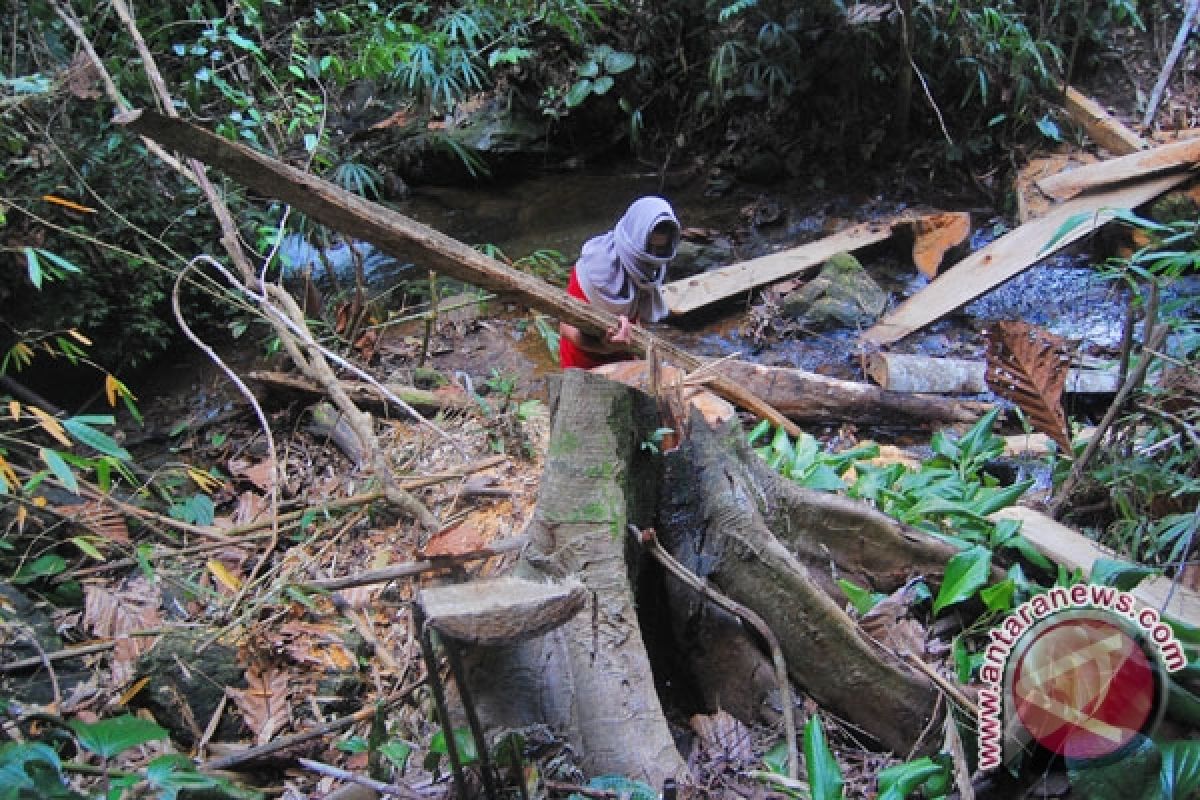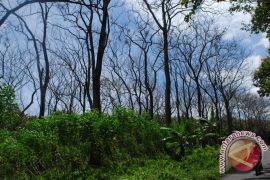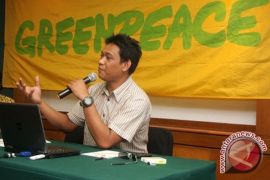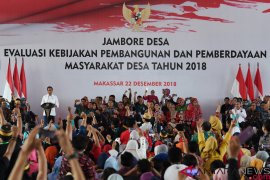Norway`s Minister of the Environment and International Development Erik Solheim hailed the signing of a Presidential Instruction on a two-year moratorium on forest clearing in Indonesia.
"The moratorium is an important step forward for Indonesia. What Indonesia has embarked on is a very serious developmental choice. Indonesia`s efforts to combine the goal of 7% economic growth with reducing greenhouse gas emissions by 26% by 2020 are commendable," Solheim said in a press statement in Oslo, Norway, on Monday.
The moratorium will help facilitate the attainment of the two goals, and constitutes an important part of a broader land use reform agenda in Indonesia, though it will not in itself ensure success, he stated.
Indonesia is still working on robustly mandating and establishing a new REDD+ Agency and an independent institution for monitoring, reporting and verifying green house gas emissions.
The rest of the reforms Indonesia has committed itself to would be crucial, thus helping the implementation of the reform agenda, he added.
"But the moratorium is one important part of the puzzle," the minister said.
Indonesia`s President Susilo Bambang Yudhoyono finally signed a long-awaited two-year moratorium on new logging concessions for primary forests and peat lands.
In the meantime, President Susilo Bambang Yudhoyono`s special aide on climate change, Agus Purnomo, said illegal practices such as squatting and logging, had encroached on primary forests, leading the government to consider it necessary to give double protection to areas already under legal protection from exploitation.
"The decree will help stop such problems, as it will explicitly emphasize the duty to protect forests. With the decree, the Presidential Work Unit for Development Control and Monitoring [UKP4] will be able to issue recommendations to the president on punishing perpetrators," he said.
Brought on by the relentless expansion of palm oil plantations and mining and logging activities, deforestation has earned Indonesia the dubious distinction of being the world`s third-largest emitter of greenhouse gases, just behind China and the US.
The moratorium, delayed by five months from its planned January start, was signed into law Thursday under a US$1-billion climate deal with Norway.
The decree was part of a $1 billion deal with Norway to protect Indonesia`s natural forests and peat lands.
In line with a Letter of Intent (LOI) between Indonesia and Norway, called the Oslo Accord, the government was supposed to impose a moratorium on deforestation starting January 2011.
The government has been under pressure from industry lobbyists who promised significant investments if allowed to continue exploiting forests.
The decree will only protect primary forests which already have legal protection and peat land, while allowing the conversion of other forests for geothermal projects, sugar and rice plantations and ecosystem "restoration" projects.
Critics say the decree would have no impact on the current state of forests in the country.
Agus said the government would focus on protecting forests that were still intact because it would be difficult to relocate people who have already occupied degraded forests.
"We will issue more regulations on forest preservation and form an agency to oversee REDD projects."
In addition, such a praise also came from the Indonesian Corruption Watch saying that deforestation had actually caused to suffer a loss of Rp 71 trillion (US$8.02 billion).
According to a recently released research report from the Indonesia Corruption Watch (ICW), 5.4 million hectares were deforested in Indonesia between 2005 and 2009, which was equal to a Rp 71.28 trillion financial loss.
"It includes Rp 64.8 trillion in forest resources and Rp 6.48 trillion in forest resource provisions, as well as losses caused by undelivered reforestation funds," said the ICW said.
The ICW said that the Human Rights Watch (HRW) released a research report in 2009 that said that corruption and racketeering in the forestry sector in Indonesia had caused an estimated loss of Rp 20 trillion a year to the government.
The ICW said that according to the Corruption Eradication Commission (KPK), there were 17 systemic problems on arrangement and monitoring in the Indonesian forestry sector.
Indonesia`s ambition in the palm oil sector has been stated as a major reason for the government`s reluctance to include secondary forests in the regulation.
The government aims to become the largest palm oil producer in the world with a goal to produce 40 million tons of crude palm oil by 2020.
Indonesia is currently the largest exporter and producer with 7.5 million hectares of oil palm plantations, 45 percent of which are managed by smallholders.
However, palm oil producers, continue to lambaste the moratorium.
Indonesian Palm Oil Association (Gapki) executive director Fadhil Hasan said the moratorium could cause new problems because it ran counter to a 1990 presidential decree allowing the use of peat land less than 3 meters deep.
"The moratorium did not include the management of degraded forests that could be used for other economic activities, while the letter of intent [with Norway] said the government must identify degraded forests that could be used for other economic activities," he said.
(T. E002/HAJM/H-YH)
Reporter: by Eliswan Azly
Editor: Priyambodo RH
Copyright © ANTARA 2011











